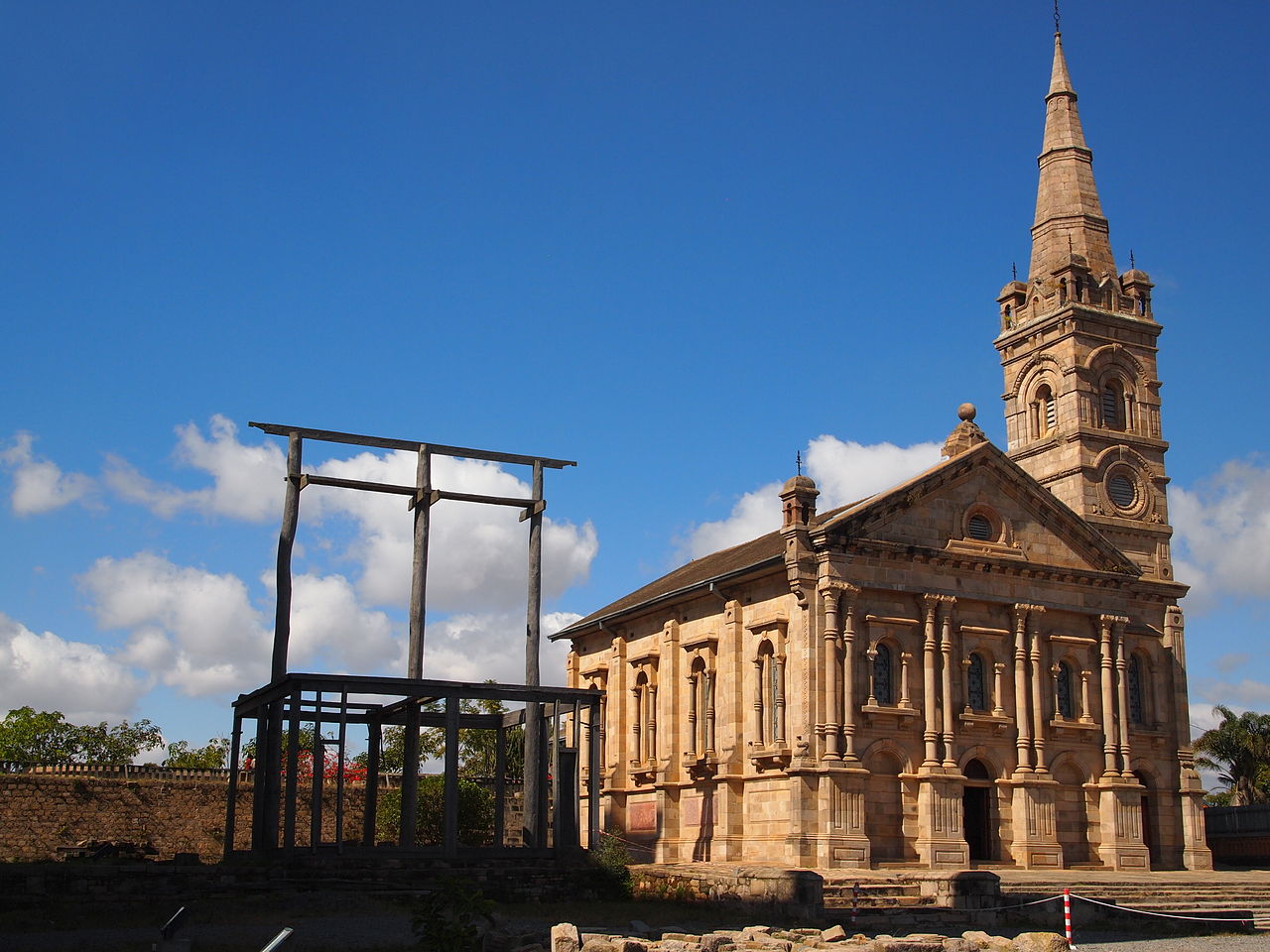 |
| Map approximating the extent of Bantu languages. Source: Khan Academy |
Bantu is a term which has become one of the most contentious in the study of African history. The name of a language family stretching across much of the southern half of the African continent, the term has been used in many distinct ways. In anthropology, it has often extended beyond mere linguistics into an idea of a larger shared culture and history across southern and central Africa. In apartheid South Africa, "Bantu" was used as a euphemism for "black" in many of the country's most oppressive apartheid laws. Furthermore, debates around the origins of the original Bantu speaking peoples and their purported spread throughout the southern half of the continent are a historiographical point of contention. In this episode, we examine the origins of the idea of Bantu languages, as well as different theories on Bantu origins and how they were so successful in spreading across such a vast geographic area.
Due to the rarity of written sources in the Bantu speaking regions of Africa prior to colonialism, and the fact that almost all of the written sources focus on more "important" things like theology or records, we have little idea of what Bantu speakers thought about the similarities between their languages and those of their neighbors. However, it seems likely that Bantu speakers were aware of the similarity between different Bantu languages, they likely postulated about why and how these similarities had come to be, and theorized as to why certain people they encountered like the Nilotic or Khoisan speaking groups in Africa, or European and Arab foreigners spoke languages which were noticably more distinct.
Sadly, though, due to a lack of pre-colonial sources on the continent on the topic, the history of studying the linguistics of South and Central Africa is a somewhat Eurocentric one. The idea of a unified Bantu linguistics family is first proposed in writing by James Prichard, a British ethnologist. Decades later, Wilhelm Bleik, a German anthropologist would give the family a name, borrowing the term "Aba-ntu" from the Zulu language of South Africa.
Beyond the recognition of the language family, however, a British colonial administration named Harry Johnston would cement the earliest iteration of the modern theory of Bantu Expansion, claiming that all Bantu speaking groups shared a common linguistic ancestor group which migrated and expanded outwards from an original homeland in Cameroon or Nigeria.
 |
| Harry Johnston |
Johnston would also provide a key new idea to the studies of Bantu linguistics. Notably, he would argue against the then-widespread idea that Bantu grammatical structures and vocabulary were too complex for "primitive Africans", and that therefore Bantu languages must have originated from an outside "civilizing" race of Babylonians, Egyptians, Sumerians, Greeks, or Hebrews. Rather, Johnston argued that Bantu languages were a firmly African phenomenon, originating in western or central Africa before expanding elsewhere.





.jpeg)









